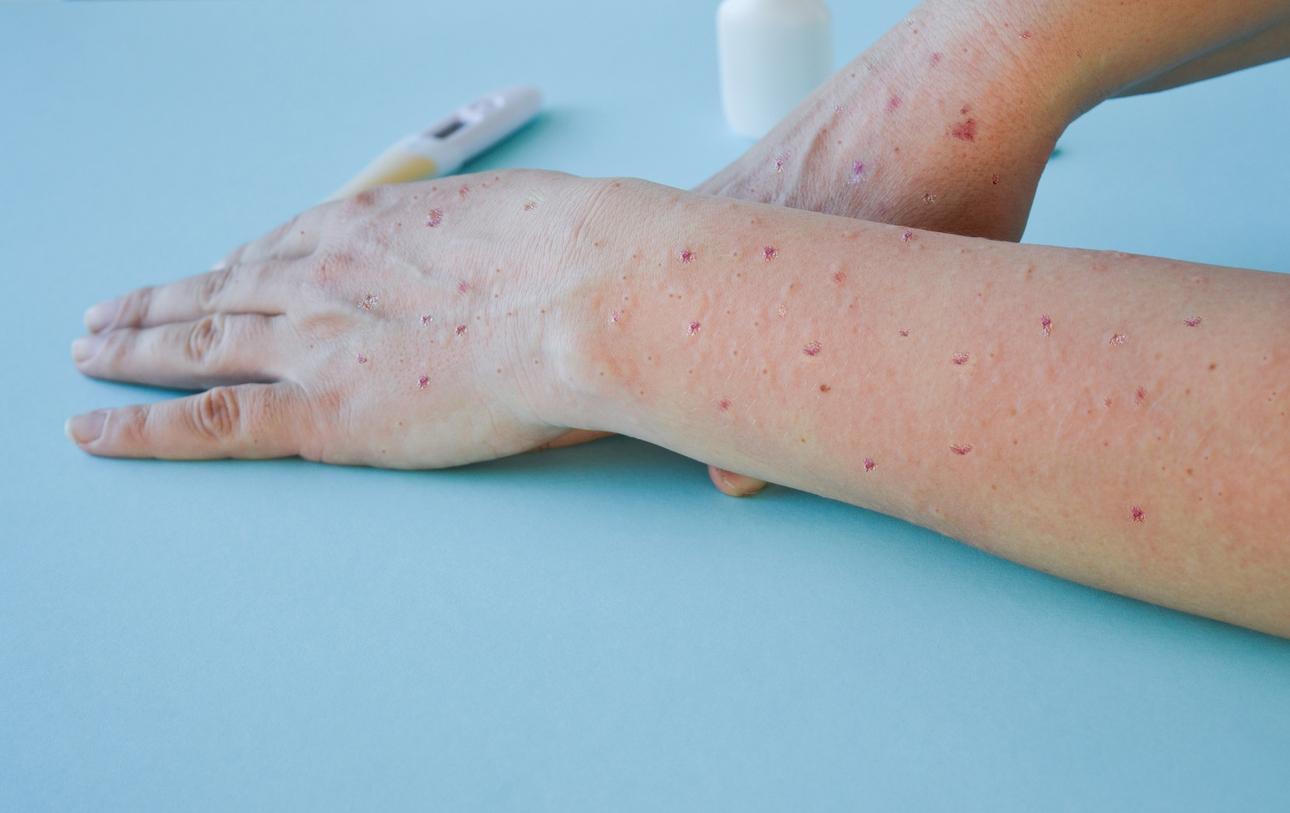Saudi Arabia has restricted access to pilgrimages to Mecca by no longer issuing visas to the most vulnerable. For its part, the WHO reiterates that there is no state of emergency to be declared.

Despite the threat of the new coronavirus which still hangs over the small pilgrimage to Mecca during this Ramadan period, the World Health Organization (WHO) is not changing its position. During the second meeting of the Emergency Committee, convened by the Director-General of the Organization which took place on Wednesday, the Committee unanimously decided “that in view of the information now available and by applying a method based on the risk assessment, the conditions for a public health emergency of international concern have not yet been met ”.
But the members of the Committee still took the opportunity to provide technical advice for consideration by WHO and Member States on a number of issues, including improvements to surveillance, laboratory capacity, infection prevention, control and clinical management, travel advice, etc.
However, pilgrims will still be fewer this year in Saudi Arabia. Because for its part, the Saudi Ministry of Health has taken the decision to restrict the obtaining of visas for the two pilgrimages (Umrah and Hajj). Only the most fragile people are affected by these restrictions. The elderly, pregnant women, children and people suffering from chronic diseases (heart disease, diabetics or people with respiratory diseases, kidneys or immune deficiencies) will therefore not be on the trip.
Since September 2012, when MERS-CoV appeared, 81 confirmed cases of infection, including 45 fatalities, have been reported to the World Health Organization. Saudi Arabia alone has 66 of these reported cases, and currently has 38 deaths.
.















